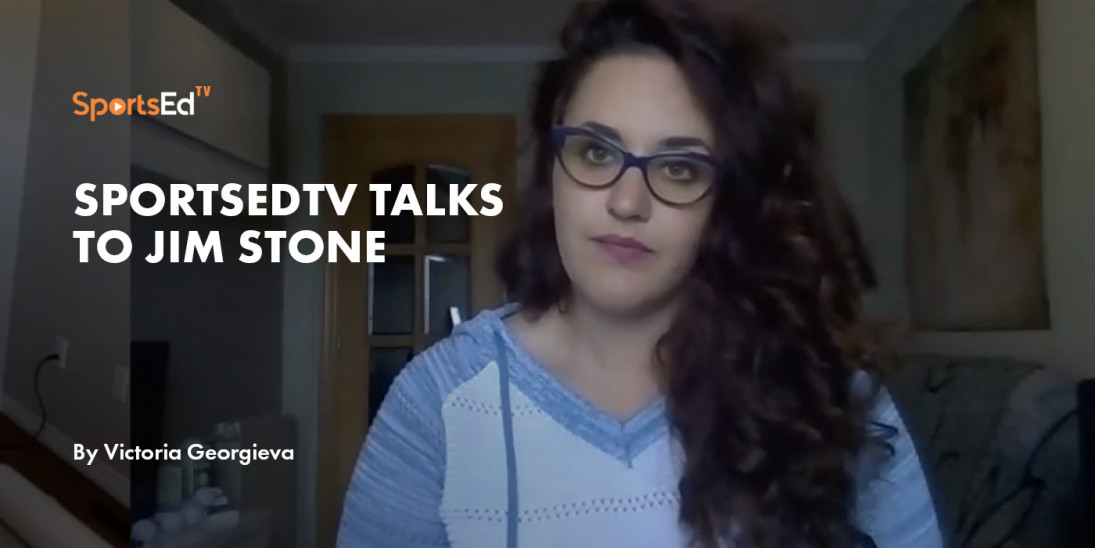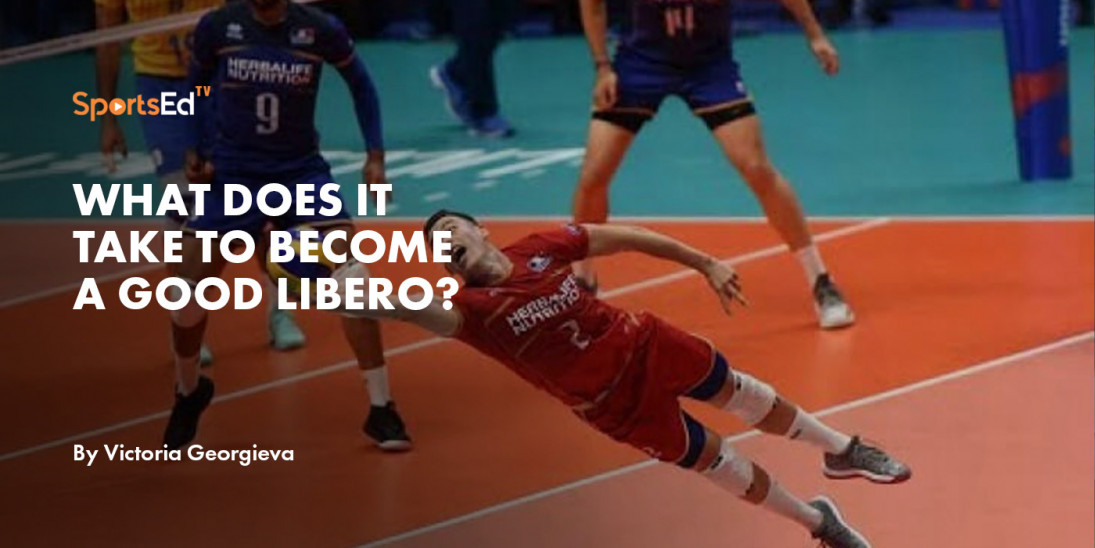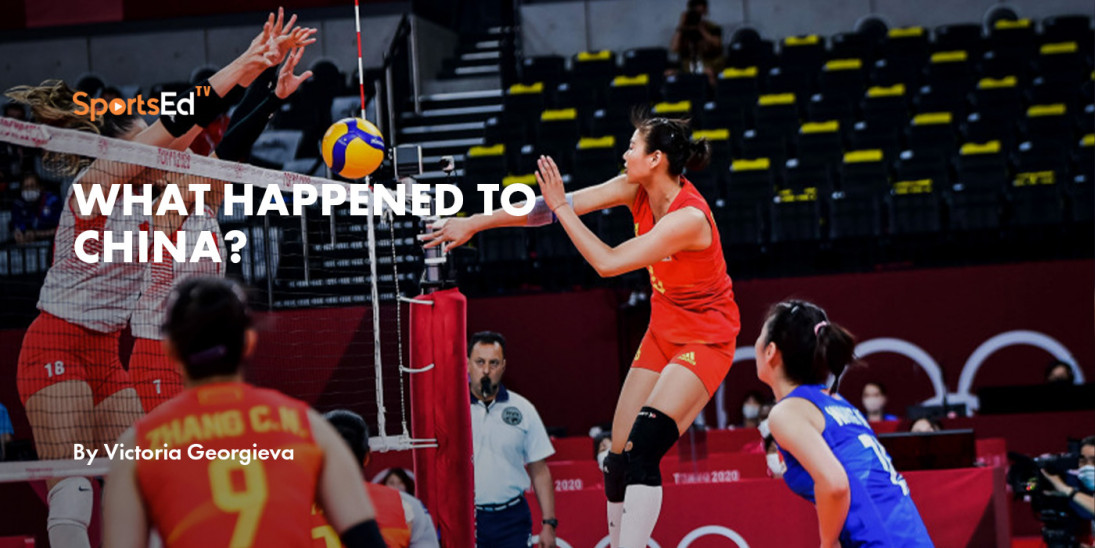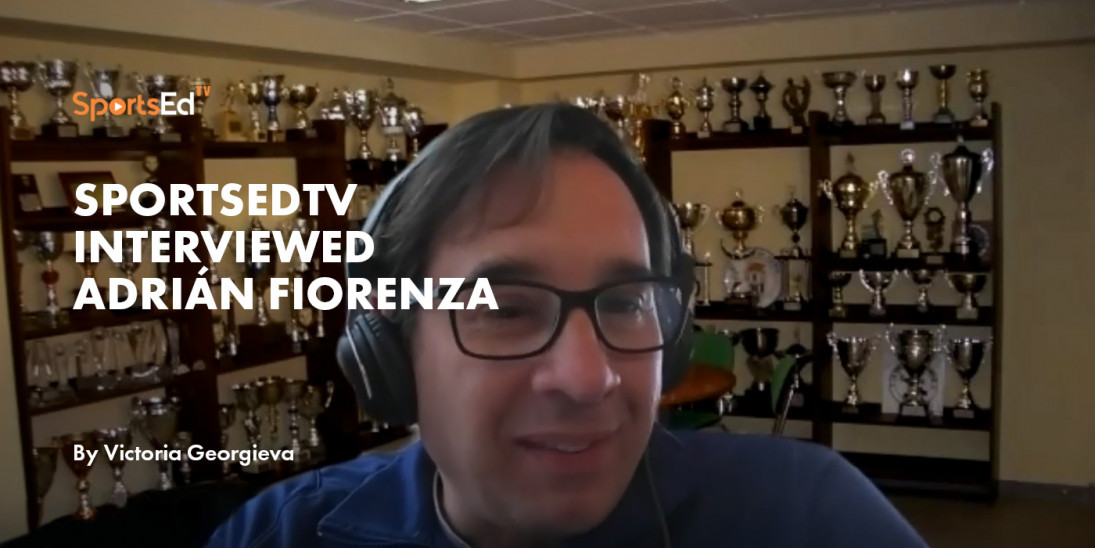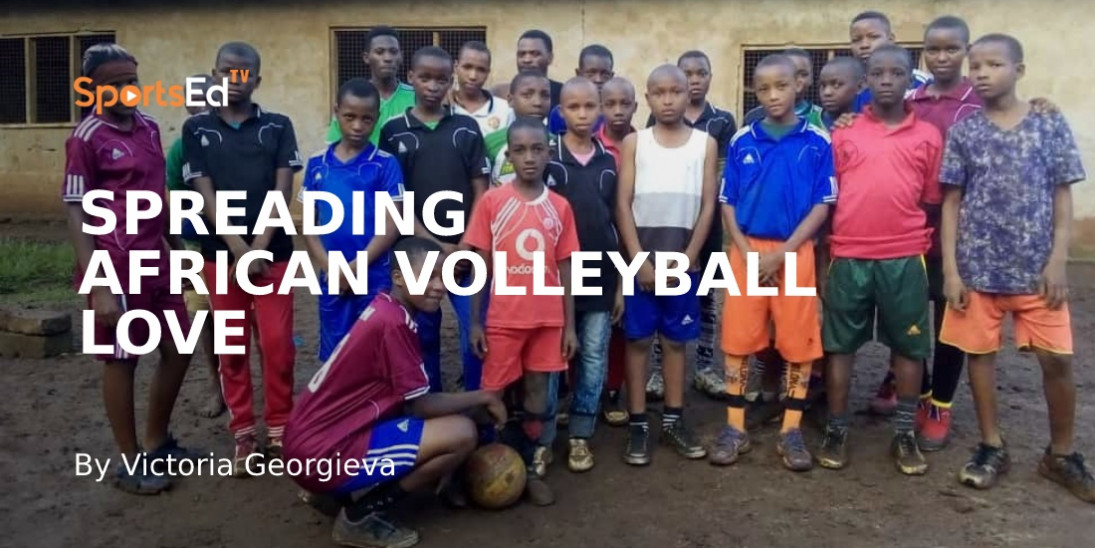Volleyball
Welcome and thanks for visiting...

Talking to Idner Martins, Sharing the Experiences
On May 1, the #SuperFinal of the CEV Champions League Volley - Men, will take place with giants TRENTINO Itas (ITA) and Grupa Azoty Zaksa KÄDZIERZYN KOŹLE (POL) locking horns for the Gold. Days before the event, SportsEdTV talked to the former player of Zaksa, Idner Martins, who is currently developing in the field of coaching. As a player, Idi, as his volleyball friends call him, has also experience in Europe’s elite competition. Back in 2012 his team by that time, VfB Friedrichshafen locked horns with another giant - Zenit KAZAN (RUS).
Looking at year’s #SuperFinal, Idi says that he expects a tough match with his former club, Zaska, emerging victorious because of a more solid style of play.
However, our conversation with Martins (December 19, 1978, Santa Maria, Brazil), who currently leads the team of Örkeljunga Volleyball Klub (SWE), is not focused on the upcoming Match of the Year in Europe.
Martins shared with us his knowledge and experience of 26 years on the field, delving into sports mentality, challenges along the way that a professional player might face, the transition from player to coach and the happiness of seeing your players grow as professionals and people.
Falling in love with volleyball - the Beginning
Idi started his player’s career as many other Brazilian kids, doing many sports. “Most of the time, we, Brazilians, practice different sports, starting with soccer. I did the same. However, the volleyball coach of my city saw me and invited me to go try out and join the team. When I went there, I realized I didn’t know much about this sport. It was really tough in the beginning and this is what made me fall in love with volleyball. Every day is a new day in volleyball, and we never stop learning.”
Idi starts with volleyball at the age of 13, but he becomes a pivotal player in his team. By the time he was 14, his team won the states’ championship for a very first time (a championship between the Brazilian states).
Training all the components
An important moment of his development as a young player is the fact that he trains in all the volleyball elements. “In the beginning, I used to play in every role. This is my point of view actually, the way how it should be. If you want to be a complete player, you need to understand every position, every rule on the court. I have always considered myself a receiver, but I because of the skills I have showed in attack, many times I had to start as a diagonal.”
On the different roles of the player
Actually, Idi has his own vision of the roles on the field. “My piece of advice to the younger players, will be to start developing in the different components. That’s the point where I am kind of ‘out of the standards’. When I talk about the future of volleyball, compared to how it was and how it is nowadays, I see it took a lot of changes in volleyball during the years, we have changed rules etc. I believe that the specific positions that we have right now, that a player is good in one thing, and they go for 100% at that exact one thing and nothing else, should be seen from a different perspective. I can understand why this happens in high level leagues, and it works, but when we talk about young ages, or not so high level leagues, it is the opposite. If you focus on developing only one skill, it creates a problem. The guys cannot adjust fast. For this reason, I think it is important to everybody to try paying attention to all the skills during the game”
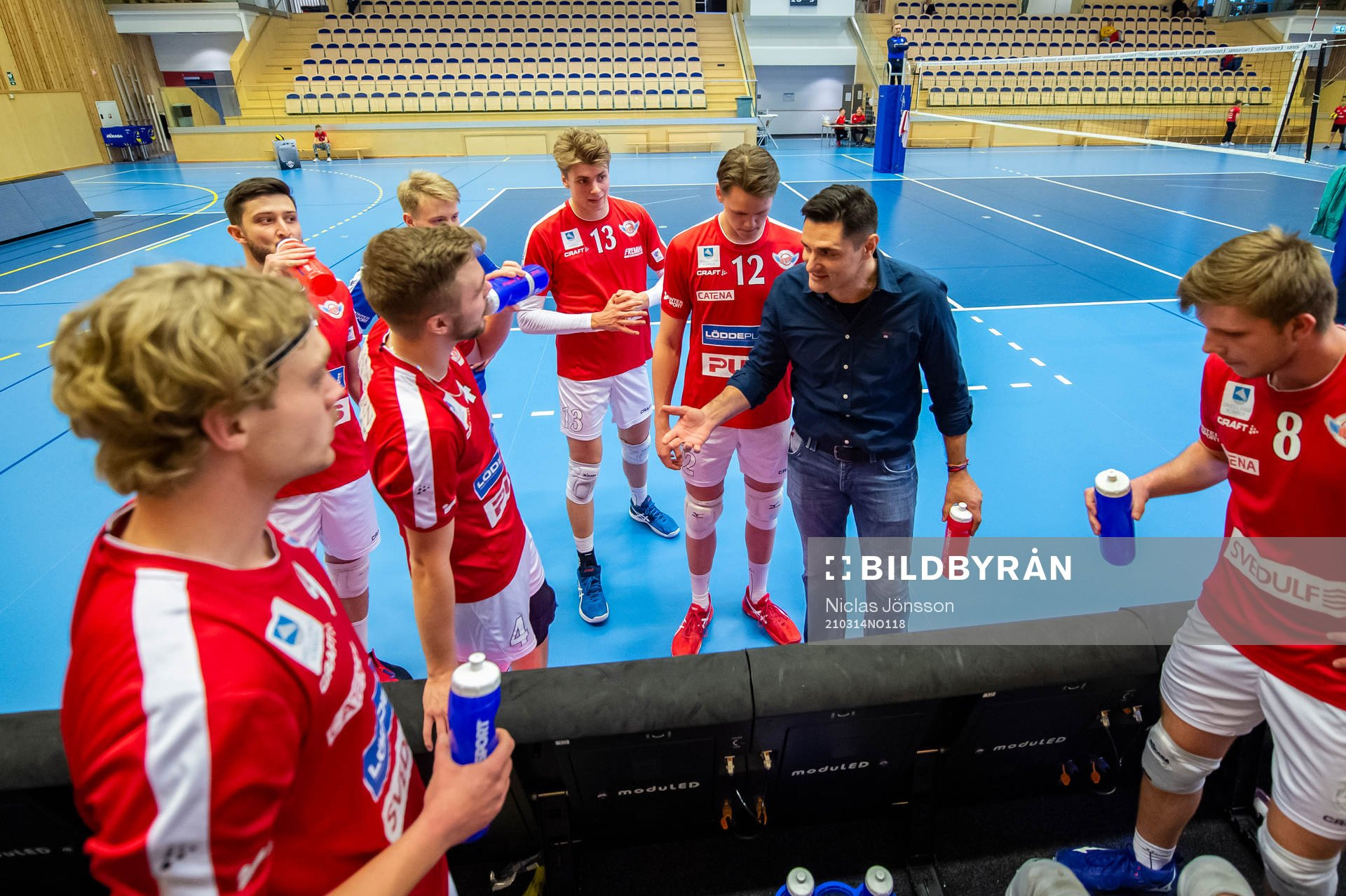
On working with young players
Idi, himself, says he is learning the coaching profession day after day. He works with young players and get satisfaction from seeing them developing as both professionals on the field, and people in the life. Many times, Martins sees the coach as a “selling guy”. “How do I convince them? By proving, by showing. When questions come, when doubts arise, when there is confrontation. Because these things happen. When you go out of the line, if your players are smart people, they will ask you why this is happening. And then you need to explain that this other, new direction will give them several other things, to avoid the problems that they would have met following the old path .Going out from this comfort zone is not easy, but once you explain, and they understand you, it is easier. And you need to get everyone on board, on the same page. For my team, it works pretty well. This is the third season, and I believe we are on the right path. Even with a generation of young people that have many things, and it is not easy to keep them happy. They have a lot of options to choose, to say NO because they already have a lot of things in the background.”
Back to the beginning of his career as a player, Idi remembers that he didn’t have the option of saying NO, and had to fight for everything. “I decided to go Pro in Brazil, and I believed that by the time I was 29-30, I would have finished and would have started in the university and doing the things I was postponing. Why am I saying at 29-30? Because back in that times, this was like the top limit age for Brazilian players. We used to train a lot, often three times per day, and this would bring us to our physical limitations. Now is not like this, and you cannot observe many differences between the Brazilian and European training systems. However, when I was this age, I decided to go to Europe and continue”.
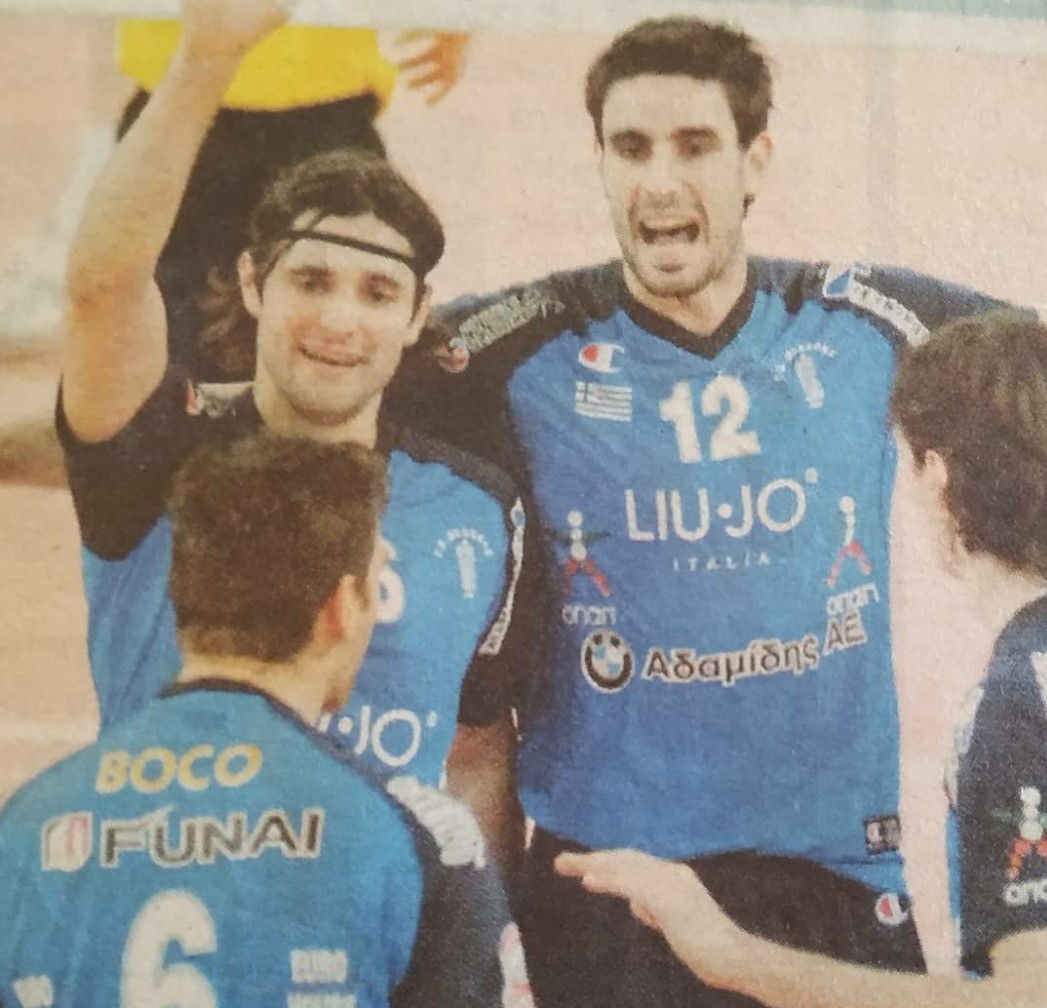
Across the ocean - the challenges of new volleyball system
In Portugal, Idi joins the team of Esmoriz Ginásio Clube. The beginning, wasn’t easy, and Idi says he needed 3-4 years to adapt to the slower process of trainings by that time. However, this wasn’t the biggest challenge for him as a newcomer to Europe. “The mentality was the biggest obstacle. We, Brazilians, fight for everything. We fight for the coin, we use every training to give everything, we are not afraid of the sacrifice. By the time I came to Portugal, it was a different situation. I saw other colleagues who, by coming to Europe, would lose their rhythm and their level of game would decrease - both because of the reduced number of trainings and because of the mentality.”
After this period of adaption, a new project comes and Idi moves to Austria, where he starts playing for the team of Hypo Tirol Innsbruck. “The coach was from Italy, there were Slovak players, guys from Greece and others. I came in as an underdog there. But I started training; and showed myself. Hypo Tirol became an important team, and we were seizing victories in the domestic league. On this level, we won everything.”
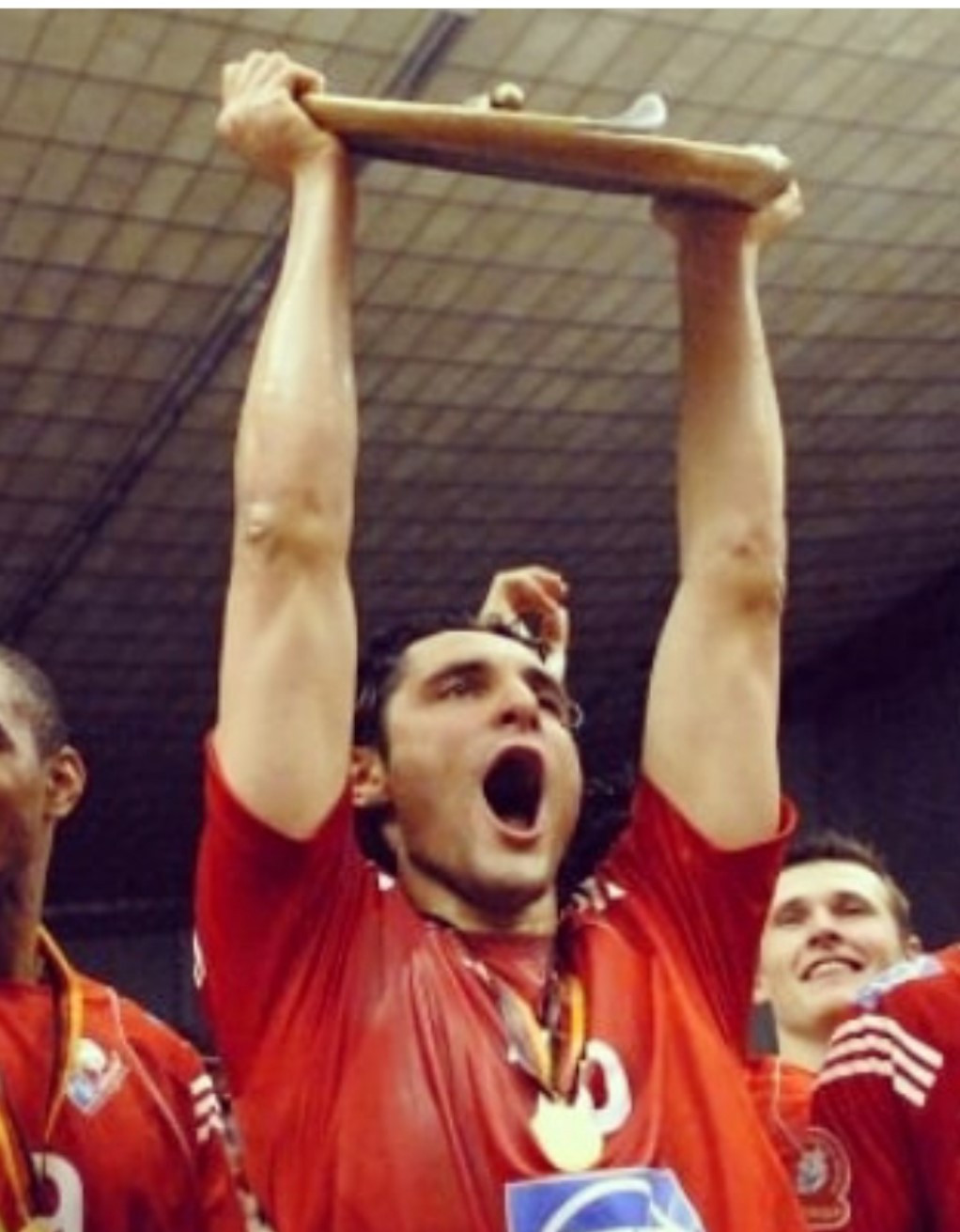
On the differences between preparation for an international competition and domestic league
With the German VfB Friedrichshafen, Martins and his teammates were close to reaching the Final 6 of the Champions League, and even brought the surprise in 2012, causing the only loss to the Powerhouse of Zenit KAZAN in the whole season. Asked if there are different approaches to preparing a match for an international competition and a local one, Idi says that the biggest difference is the level of concentration of the team and the individual player. “When facing big teams, the risk that you take is much higher and every little mistake counts. The attention should be much higher, and you know that even if you make your own mistake, you cannot give the chance to the other either to show their best. With a normal game in the league, you can control this, and even making 1-2 mistakes, you know it might be easier to come back. But in big international competitions, you know the team count on 10-11 great professionals that will be on the top of the mental skills, too.”
During his long career, Idi has always noted that the more experienced teams play “mindset” games with the underdogs. “When a not that much experienced team is giving much more than the expected, the experienced players sometimes wait for the underdog’s attention to fall down. And when this happens, things change around. Of course, it doesn’t always happen this way and sometime, the underdogs, win.”
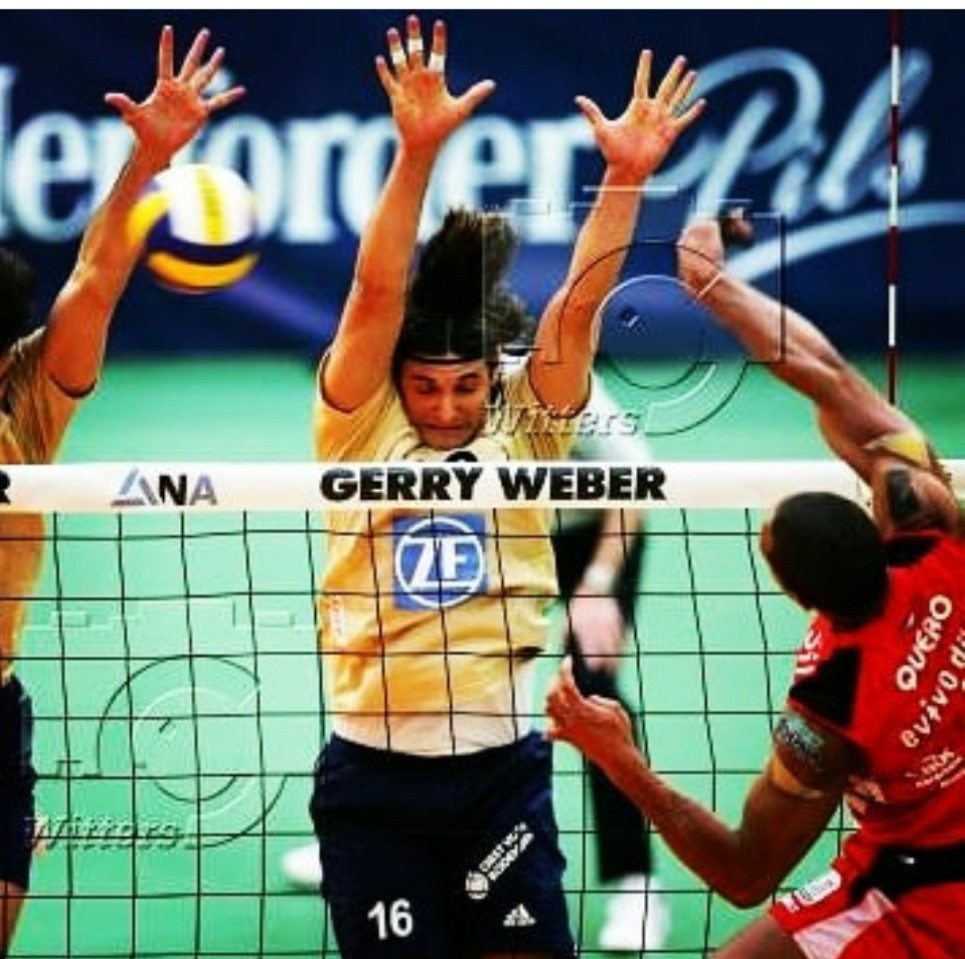
On maintaining the high level and the confidence
Many times, coaches and players ask themselves on how to build up confidence and how a high level is maintained during longer periods. Not an easy task and the answer, to Idi, is hidden in the continuous work on the responsibility. “Most of the players that we see performing in the big leagues, come already with a great level of confidence. They were the ones used to take the responsibility when they were younger, in the juniors teams, for example. They have worked on building confidence day after day, year after year when they were young, saying to the setter “Hey, after the 20-th point, pass me all the balls! And the setter knows that by doing so, that guy who takes the responsibility, will bring home the victory. In the seniors teams, in big leagues, you would have 12 confident guys that have been preparing this mindset for years”.
It is clear that in volleyball, athletes should pay attention to the technical skills, but also work consciously towards improving always their level of confidence.
On the transition from player to coach
Having played with different players from around the world, the thought of becoming a professional coach comes to Idi’s mind. Along the way, he “caught” himself spotting the other players’ talents. This has inspired him, and he has started helping around the coaches of the teams he used to play for. “It was a long process. Once I realized this was the way to go, I had to study for several years, pass the different levels of coaching, doing the coaches internships There was a time when I would play for a team, and after a match, coming from the bus, I would hop on another bus where the kids’ team was, to work with them.”
.jpg)
On the importance of being a player first before becoming a coach
To Idi, being a player first is not mandatory, but could bring many positives to the team.
“There are many people that have been successful without being a player first. But the way I see it, there are lots of situations in the game when it is important to put yourself in the shoes of the player. It is very important to understand what is it going on in the head of the player. To understand the different moments of the game - beginning, middle, end of the set, of the match. And I have in mind understanding not only your own player, but the opposite team, too. For example, I know what my players are thinking at the moment, but if I look at the other team and in the given moment, I would know also what kind of thoughts they have. And with this, you can help your team to adjust.”
Idi believes that this also can help in the training process, not only during matches. “I was the kind of player that would go and ask my coach to show me the things. I would say, ‘Hey, coach! Why are you saying this and that, if you have never done it yourself?’.”
The Brazilian born also believes that this could help the coach to convince their players on why the chosen direction of development is the right one. “It would help to motivate them, too. If I could do it, you can do it, too.”
The biggest challenge as a coach
Helping the players to start trusting in themselves and to show them how to build up self-confidence, is a challenge, but to Idi, to biggest one is helping the player understand the importance of the moment of sacrifice. “This is the life. Sacrifice is important on the way to achieving things. And I can say, on a more global level, the more you understand about life, the more you understand about sports.”
Learning from the victories
Martins agrees to the statement that we all learn from the losses because they give us important information to develop as players or coaches, but recalls on not underestimating the role of learning from the victories.
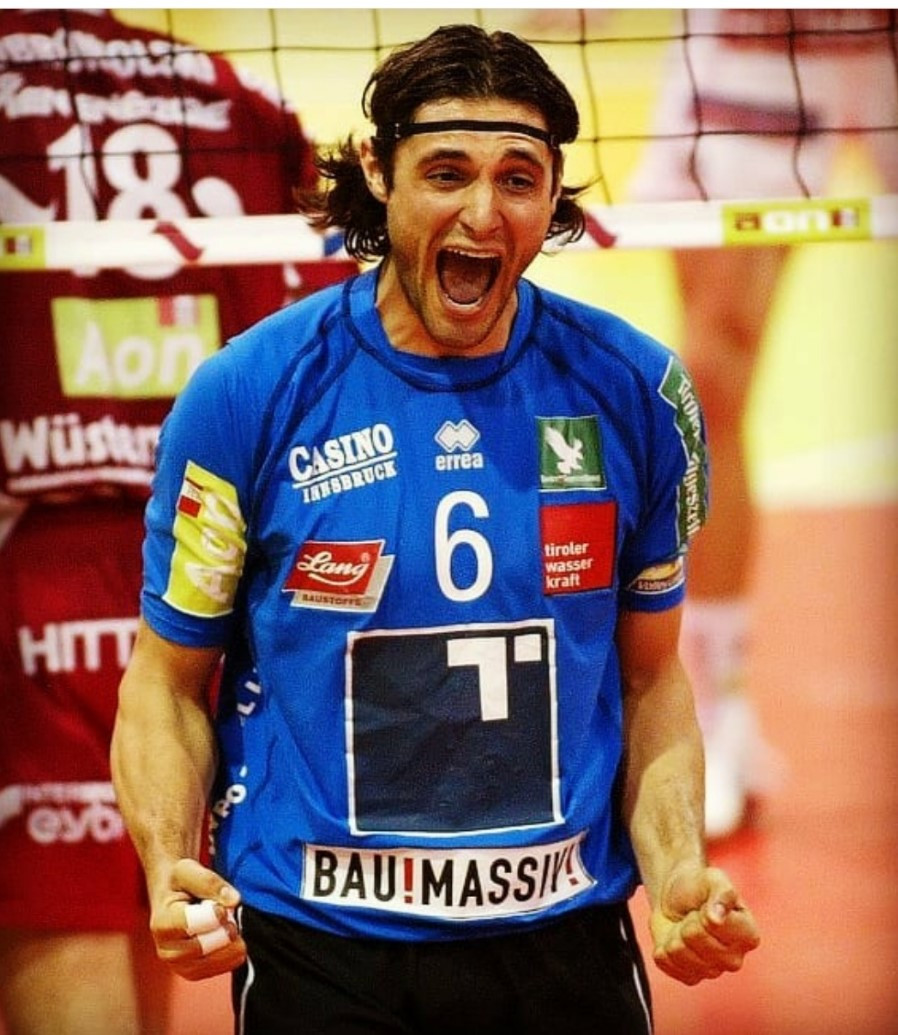
“Winning gives you a lot of confidence and motivation to move forward. I don’t believe we just learn when we lose. I believe that the lesson is different. You learn to have both experiences. Because if bring back the conversation to the confidence, you know that confidence is built up by winning, not by losing. And for years. I think that the balance of learning from both experiences is what counts. It is important to give another point of view, but in sports, you need to be the winner.”

